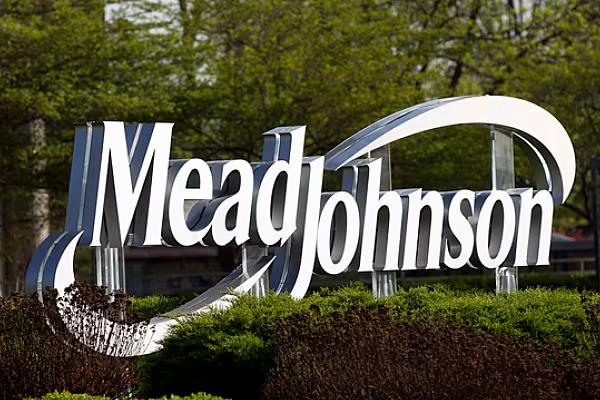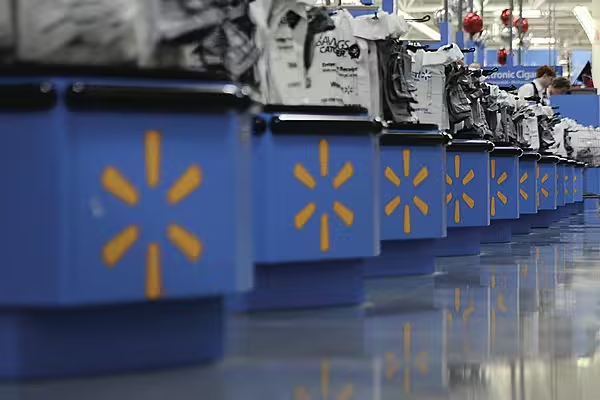Reckitt Benckiser Group Plc agreed to buy Mead Johnson Nutrition Co. for $16.6 billion, taking the UK consumer-products maker into the baby-food market for the first time and increasing its presence in Asia.
The maker of Lysol cleaners will pay $90 a share in cash, it said in a statement Friday, the same price it indicated when it announced it was holding advanced negotiations on the deal 1 February.
Reckitt Benckiser said it expects 200 million pounds ($250 million) in cost savings by the end of the third year after the purchase. The deal will add to per-share earnings in first full year and will be “double-digit accretive” by the third year, it said.
Mead Johnson provides a means of stoking growth at Reckitt Benckiser, whose sales are advancing at the slowest pace in more than five years amid tough conditions in Europe and emerging markets like Brazil. The US maker of Enfamil will add annual sales of about $3.7 billion, about half of which comes from Asia. Some analysts say a counter-offer is possible, with the likes of Danone and Nestle having long been regarded as potential suitors.
Mead Johnson fell 1.1% to $83.05 in New York trading Thursday.
Mead Johnson would add baby formula to a portfolio of consumer brands that include Nurofen painkillers, Strepsils throat lozenges and French’s mustard. The company has proven able to enter and thrive in new categories before, as it did when it acquired Durex condom maker SSL International Plc in 2010. And it already has a toe in the nutrition business from its 2012 purchase of Schiff Nutrition, which makes Omega-3 supplements and joint-pain pills.
With a 10% share of the baby-food market, Mead Johnson trails Nestle and Danone globally, though it’s second only to Nestle in Asia, the biggest market.
Baby food will likely be one of Asia’s fastest-growing food categories, even as the industry contends with near-term headwinds, Bloomberg Intelligence noted in December.
The category’s growth in China might be hurt by smaller baby-food makers slashing prices over the coming year, according to the note. Over the long term, China’s two-child policy is set to increase spending on formula, while demand in Southeast Asian countries including Indonesia and Vietnam is also likely to climb as more women enter the workforce.
News by Bloomberg, edited by ESM. Click subscribe to sign up to ESM: The European Supermarket Magazine.














